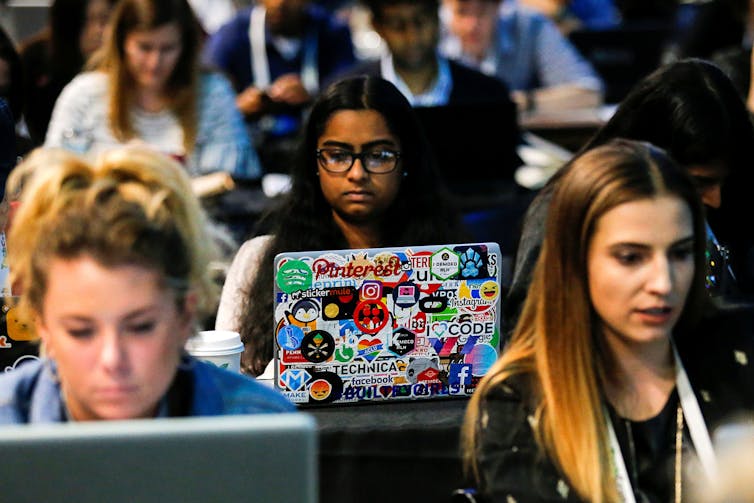Suhaib Riaz, University of Massachusetts Boston; Sean Buchanan, University of Manitoba, and Trish Ruebottom, Brock University.
Reforming Wall Street has become a key issue in the ongoing presidential primaries.
Bernie Sanders in particular has used his rival’s close ties to the financial industry, including speaking fees and political donations, to suggest Hillary Clinton wouldn’t rein in Wall Street. At the same time, Sanders has tried to highlight his own independence, declaring:
If I were elected president, the foxes would no longer guard the henhouse.
Clinton has tried to dispel the notion that Wall Street donations affect her judgment or independence, claiming her regulatory plan is actually tougher than Sanders’.
These exchanges underscore a crucial point: almost a decade after the 2008 financial crisis, the reforms that many Americans have demanded remain incomplete. Claims of independence, including by Republicans such as Donald Trump, are one way for candidates to suggest that they would be able to bring about real change.
Who would be the best candidate to do so is an important question. But first we must understand this underlying dilemma: why has it been so difficult to reform Wall Street following the worst financial crisis since the Great Depression?
This led us to a more fundamental question: whose voice matters most in determining how the financial industry should be run?
Given how much anger there still is at Wall Street, the answer may be surprising. Continue reading →




